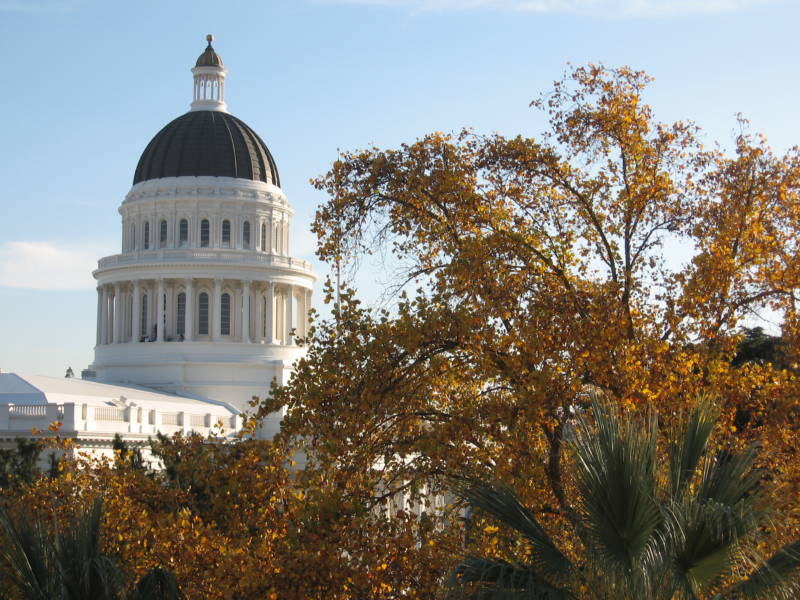Child Sexual Abuse: AB 218 extends the statute of limitations for childhood sexual assault victims, allowing adults to report their abuse up until the age of 40.
Domestic Violence: SB 273 extends the statute of limitations for domestic violence to 5 years.
Private Prisons: AB 32 prohibits the state from entering into or renewing contracts with for-profit prison companies. The measure also phases out private facilities by 2028.
Animal Welfare
Fur Ban: AB 44 prohibits the sale and production of new fur products in California. The law is the first of its kind in the nation.
Circus Animals: SB 313 bans the use of wild animals in circus acts, including bears, elephants, tigers and monkeys.
Environment
Recycling Centers: AB 54 will bring temporary relief to cities feeling the bite from the sudden closure of recycling centers across the state. The measure provides $10 million for recycling centers and gives grocers a reprieve from paying some recycling fees.
Smoking in Parks: SB 8 prohibits smoking at state parks and beaches.
